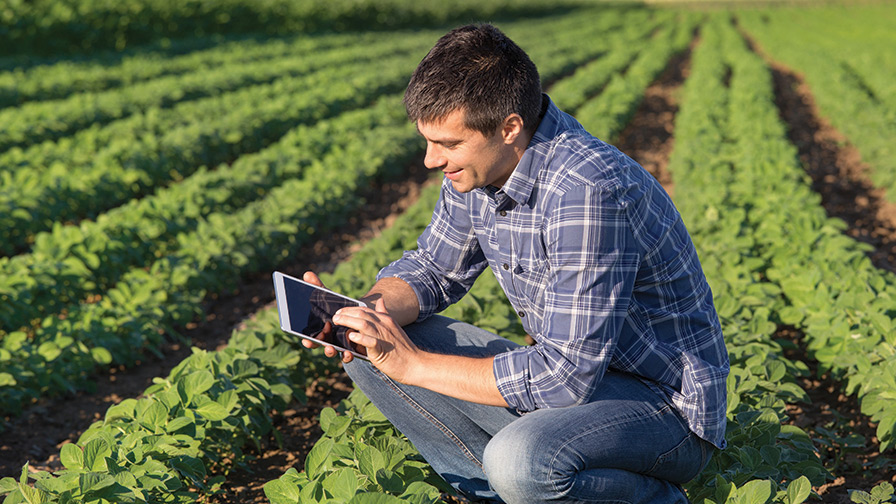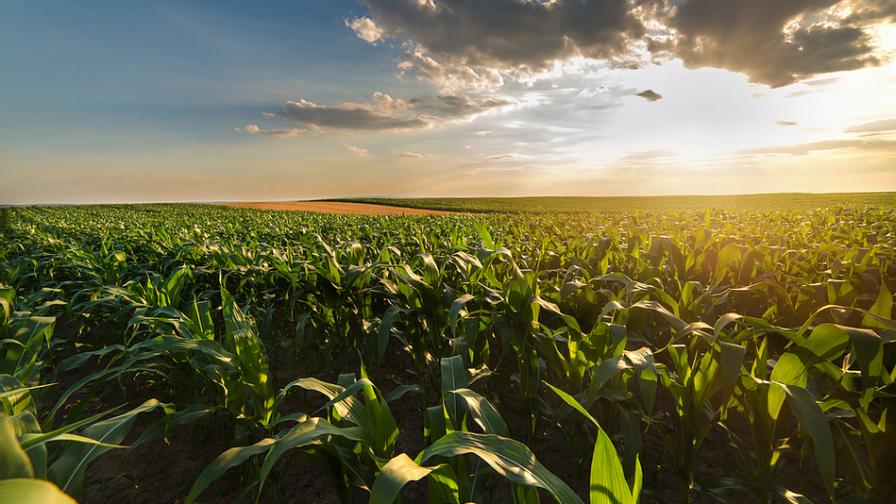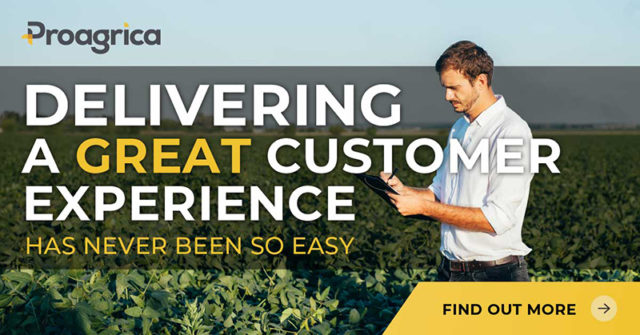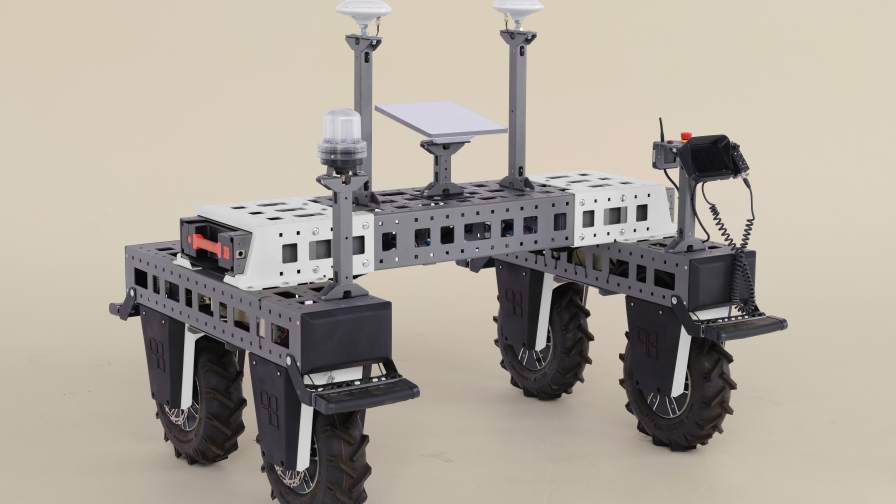Making Sense of the Syngenta-Taranis Partnership
Editor’s note: In a recent issue of Upstream Ag Professional, agribusiness analyst Shane Thomas delves into the complexities that often accompany digital partnerships like the recent Syngenta-Taranis collaboration. Here’s a summary of that article:
Syngenta Crop Protection and Taranis have formed a three-year partnership to offer AI-powered agronomy solutions to ag retailers, starting in 2024/2025. This collaboration aims to enhance retailers’ ability to deliver value-added services by integrating Taranis’ AI agronomic insights, such as drone-based field scouting and imagery data, with Syngenta’s support in subsidizing these services. Retailers will benefit from AI-derived insights at a leaf level and generative AI recommendations, enabling more precise product choices and fostering stronger customer engagement.
Syngenta’s financial backing for this initiative is likely focused on retailers that already support or have the potential to promote Syngenta’s crop protection products. The service, priced at approximately $2 per acre per flight, could cost retailers up to $12 per acre annually for a recommended six-flight schedule. This technology is expected to improve farm decision-making, encourage conservation practices, and ultimately increase farm profitability. In return, Syngenta aims to see more of its products recommended in relevant agronomic scenarios.
But such partnerships can be complex, involving multiple parties — farmers, retailers, input manufacturers, and service providers — each with differing incentives. Past initiatives by other companies, like Farmers Edge, have encountered challenges in balancing these interests and delivering sufficient value to all stakeholders.
MORE BY SHANE THOMAS
Carbon Robotics Introduces G2 Product Line: Will Laser Weeding Eliminate Herbicides in Row Crops?
Language Model Capacity and Agronomic Prowess: Are We Measuring What Matters?
The collaboration will also work on integrating Syngenta’s Cropwise platform with Taranis’ Intelligence Service to further expand digital agronomy offerings. Looking ahead, there are considerations around how these technologies, particularly AI and large language models (LLMs), can better support agronomists and farmers. For instance, manufacturers like Syngenta may need to make their trial data more accessible and interoperable with third-party services, ensuring their products are well-positioned when retailers and farmers seek AI-driven recommendations for specific agronomic issues.
For more in-depth coverage, visit Upstream Ag.










